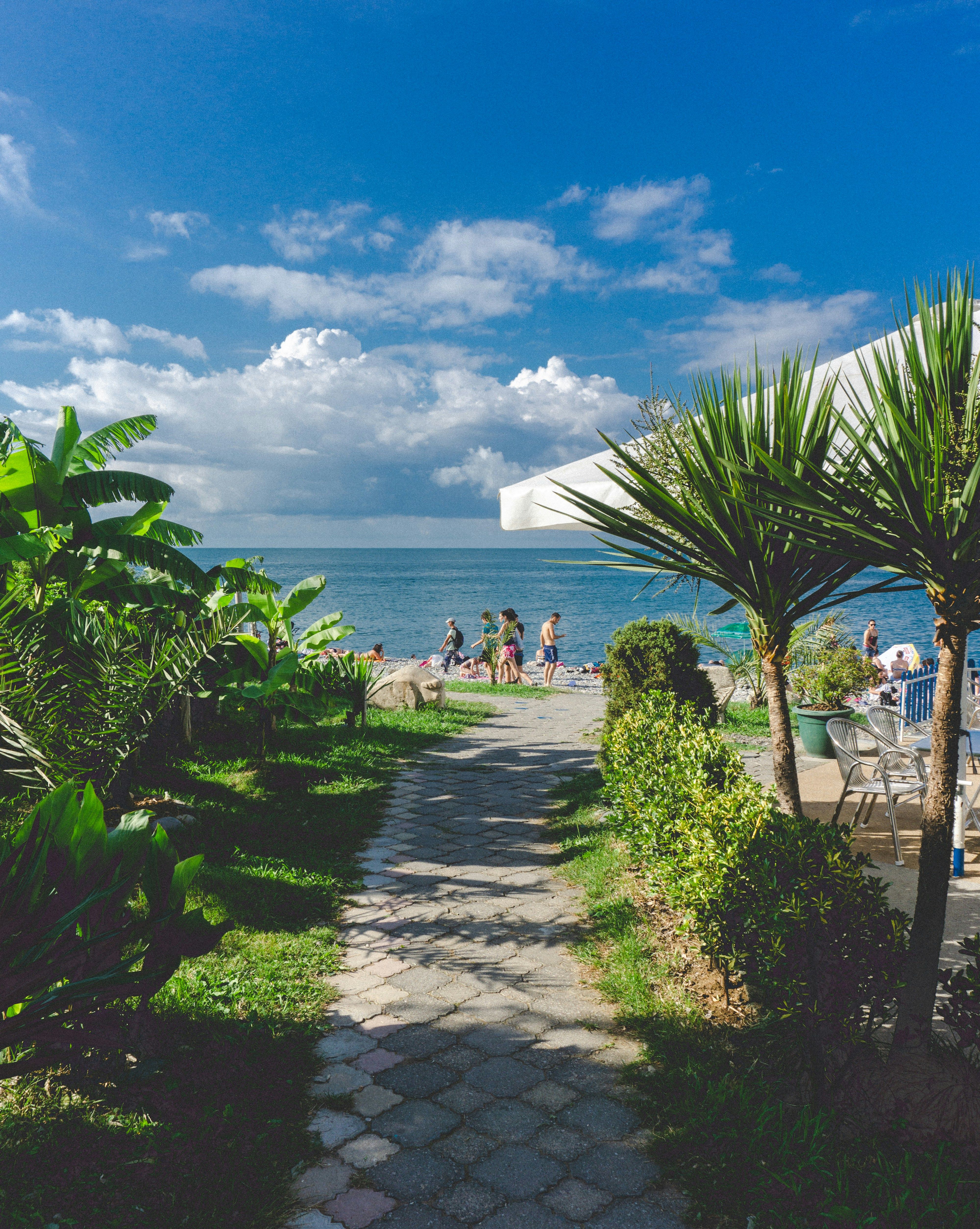Ex-Inmates Expose Alleged Brutality in Saudi Arabia's "Female Dormitories"
Saudi Arabia: Former Residents Detail Brutal Conditions in Women's Homes
In a series of harrowing testimonies, former residents of the Dar al-Reaya facilities in Saudi Arabia have revealed the harsh realities within these state-run institutions. Officially recognized as "rehabilitation centers" for disobedient women, these centers have been unmasked as sites of abuse, with residents subjected to beatings, psychological pressure, and strict control.
The British Guardian newspaper has reported on accounts collected over six months from women who endured the harsh conditions of these facilities. The women were held for reasons such as displeasing authorities, disobeying their families, or engaging in extramarital relationships.
These women's homes, established in the 1960s, function as prisons for women under 30, and they can be committed by male guardians or family members. The women can only be released with their male guardian's consent. Without this approval, they risk becoming captives for years or even for life.
A young Saudi woman who managed to escape the facilities expressed her experiences, stating, "As a girl growing up in Saudi Arabia, you learn about Dar al-Reaya and its terrible nature. It's hell. I wanted to take my life when I found out I was to be sent to such a prison."
Sarah Al-Yahia, a Saudi women's rights activist and founder of the "Saudi Feminist White-Ribbon Movement," succinctly summarized the facilities, saying, "It's not a care home, as they claim. They label women by numbers, 'Number 35, come here.' When one girl gave her family name, she was whipped."
Disobedience to rules within the facilities, including failing to pray, spending time alone with other women, or even menstruating, could lead to women being whipped.
An anonymous victim, referred to as Layla in the Guardian, was committed after filing a police complaint about abuse by her father and brothers. She shares her experience, stating, "These women have no one. They can be abandoned for years, even without committing a crime. The only way out is a male guardian, marriage, or jumping from the building."
Speaking publicly about these facilities is not only risky but also discouraged, with voices advocating for women's rights often silenced. Fawzia al-Otaibi, who fled Saudi Arabia in 2022, explains, "No one dares to tweet or talk about these places. No one will ask about you when you are there."
ALQST, a human rights group, has branded the Dar al-Reaya facilities as "state instruments for enforcing gender norms," labeling them as being in stark contrast to the Saudi authorities' narrative of empowering women. Nadyeen Abdulaziz, the campaign coordinator for ALQST, urges, "If they genuinely seek to promote women's rights, they must abolish these unfair practices and create safe havens that protect those who have experienced abuse."
Critical Context: The treatment of women in these facilities stands in stark contrast to Saudi Arabia's Vision 2030 reforms, which aim for social and economic changes. Despite global criticism and calls for transparency, the situation remains shrouded in secrecy, with no exact figures available on the number of women imprisoned or the total number of inmates. The Saudi government continues to deny all allegations, claiming that women can "leave the facilities at any time" and "do not need the consent of a guardian."
- The community policy in the Dar al-Reaya facilities in Saudi Arabia, where women are held against their will, needs significant revision to ensure the protection and welfare of its residents.
- Amidst the harrowing accounts of abuse in these institutions, it is crucial that the employment policy of the Saudi government includes fostering a culture of health-and-wellness, with a special focus on women's health, to prevent such tragic circumstances.
- In the face of reports of oppressive practices in the Dar al-Reaya facilities, the political climate in Saudi Arabia must evolve to prioritize transparency and the abolishment of harmful policies, aligning better with the nation's stated goal of women's empowerment, as outlined in Vision 2030.






